The Qantas Group has announced plans to reach net-zero carbon emissions by 2050 in a major expansion the airline says is their part in “creating a more sustainable aviation industry.”
The group’s airlines Qantas, Jetstar, QantasLink and Qantas Freight will offset all growth in emissions from domestic and international operations from 2020.
Committing to actions starting from today, Australia’s national carrier will: Immediately double the number of flights being offset, Cap net emissions from 2020 onwards and invest AU$50 million over 10 years to help develop a sustainable aviation fuel industry.
The group says the commitments are “the most ambitious carbon emissions targets of any airline group globally to date.”
Today’s announcement also means that Qantas is currently the only airline group globally to commit to cap its net emissions at 2020 levels, and the second (after British Airways) to commit to net zero emissions by 2050.
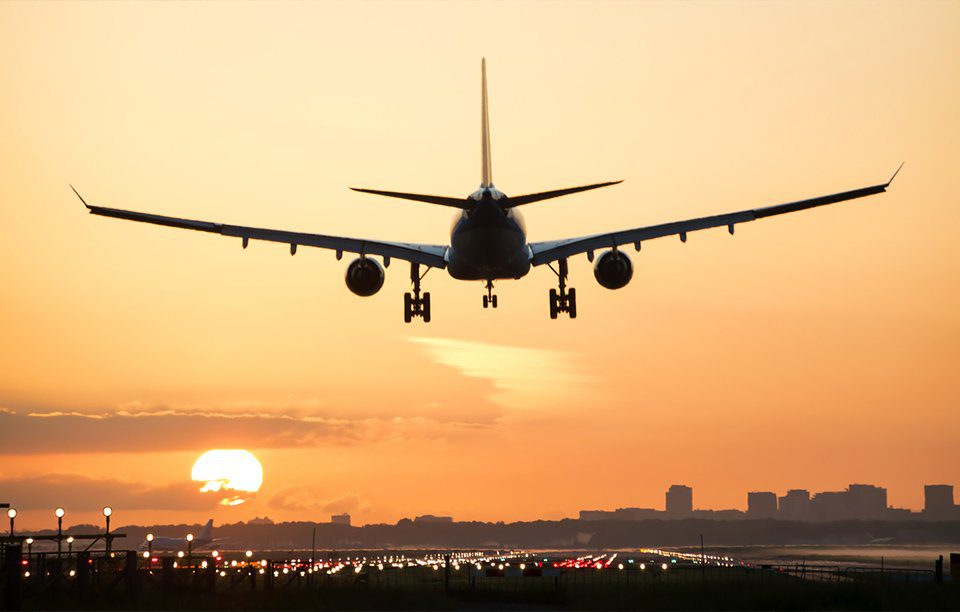
What’s the challenge?
While only 2% of all global CO2 emissions come from aviation, no other human activity pushes individual emission levels as fast and as high as air travel. Alongside that stark fact, the airline industry has been getting bad press for years for their needless over-use of single-use plastics and lack of (often legally enforced) recycling practices.
Qantas for example currently produces the equivalent of “80 fully-laden Boeing 747 jumbos” per year in waste across its Qantas and Jetstar operations.
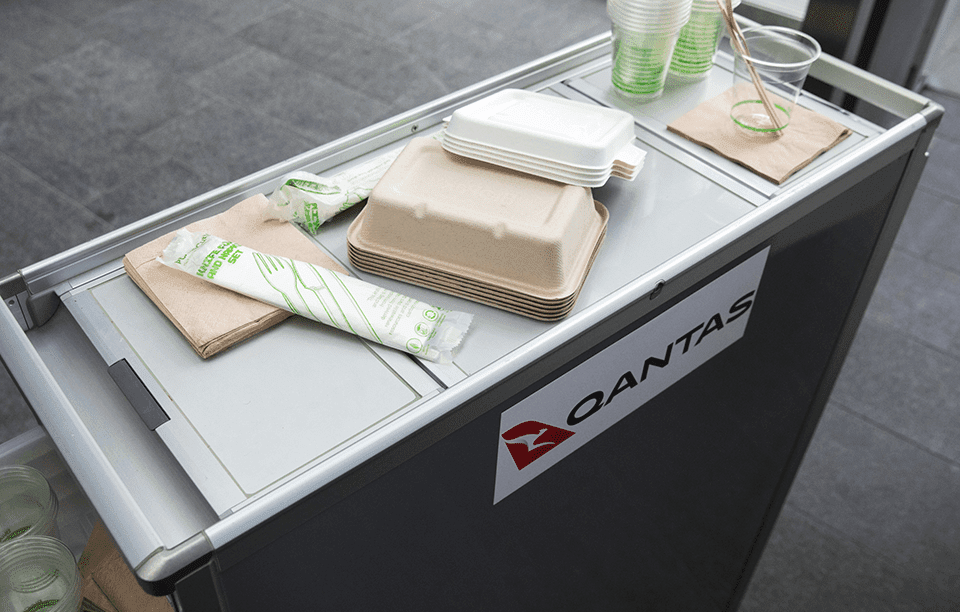
What’s the solution?
The aviation industry has committed to halving emissions by 2050 compared to 2005 levels. It was the first industry to make such commitments. Qantas had signed up to those commitments but says they will now exceed them.
After flying the world’s first zero-waste flight earlier this year, Qantas says they will work with industry, research institutions and governments to develop long-term solutions to significantly reduce greenhouse gas emissions from the aviation industry over the next three decades.
“We recognise that airlines have a responsibility to cut emissions and combat climate change. We’ve already made some good progress, especially by investing in newer aircraft that have a much smaller carbon footprint.”
Alan Joyce, CEO Qantas Group

HOW? BY OFFSETTING FLIGHTS
From today, Qantas and Jetstar will double the number of flights offset by matching every dollar spent by customers who tick the box to fly carbon neutral.
Qantas currently operates the largest carbon offset program in the aviation industry, with around 10 per cent of customers booking flights on Qantas.com choosing to offset their flights.
Perhaps remarkably, the global average for customers choosing to offset their flights on other airlines is still only 1%.
The group says that “by matching our customers’ commitment, we expect even more people to offset their emissions.”
This additional investment will see Qantas Future Planet, which is already the largest private-sector buyer of Australian carbon credits, support more conservation and environmental projects in Australia and around the world.
Existing projects include protecting the Great Barrier Reef, working with Indigenous communities to reduce wildfires in Western Australia and securing over 7000 hectares of native Tasmanian forest.

SUSTAINABLE AVIATION FUEL
Qantas will invest $50 million over the next ten years to help develop a sustainable aviation fuel industry.
Sustainable aviation biofuel can reduce carbon emissions by eighty per cent compared to traditional jet fuel, but is currently almost double the price.
Plus there’s the question around the viable sustainability of farming biofuels versus food crops so there’s still a journey to endure yet before biofuel becomes the norm.
Qantas says they will work with governments and private sector partners to support the development of sustainable aviation fuel in Australia and overseas to make it more viable and increase demand throughout the industry.
The national carrier say they will also continue to reduce its emissions through continued investment in more fuel-efficient aircraft, more efficient operations such as single-engine taxiing, and smarter flight planning to reduce fuel burn.
Qantas is on track to replace its Boeing 747 fleet by the end of 2020 with the more fuel-efficient B787 Dreamliners, which burn 20 per cent less fuel than aircraft of a similar size.
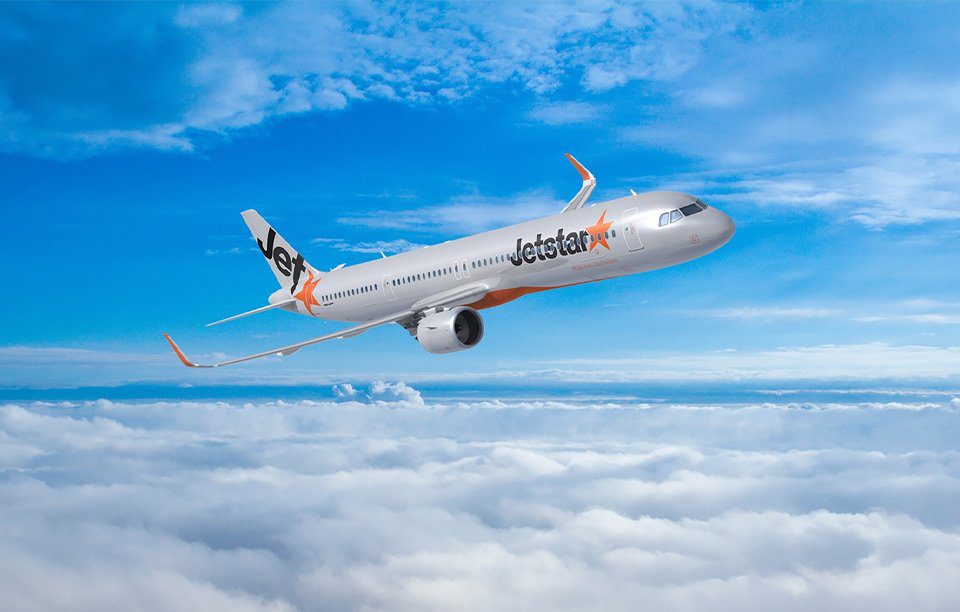
Jetstar’s A321neo (LR) aircraft, which will begin arriving next year, use 15 per cent less fuel than the aircraft they are replacing.
While the Qantas Group continues to work with aircraft and engine manufacturers on next-generation technology to deliver a further step-change in emissions reduction they say that innovations “such as electric aircraft engines are still some time away.”
“Concerns about emissions and climate change are real, but we can’t lose sight of the contribution that air travel makes to society and the economy. The industry has already come a long way in cutting its footprint and the solution from here isn’t to simply ‘fly less’ but to make it more sustainable.”
“We’re doing this because it’s the responsible thing to do, but hopefully it will also encourage more people to choose Qantas and Jetstar because of the action we’re taking.”
Alan Joyce, Qantas Group CEO
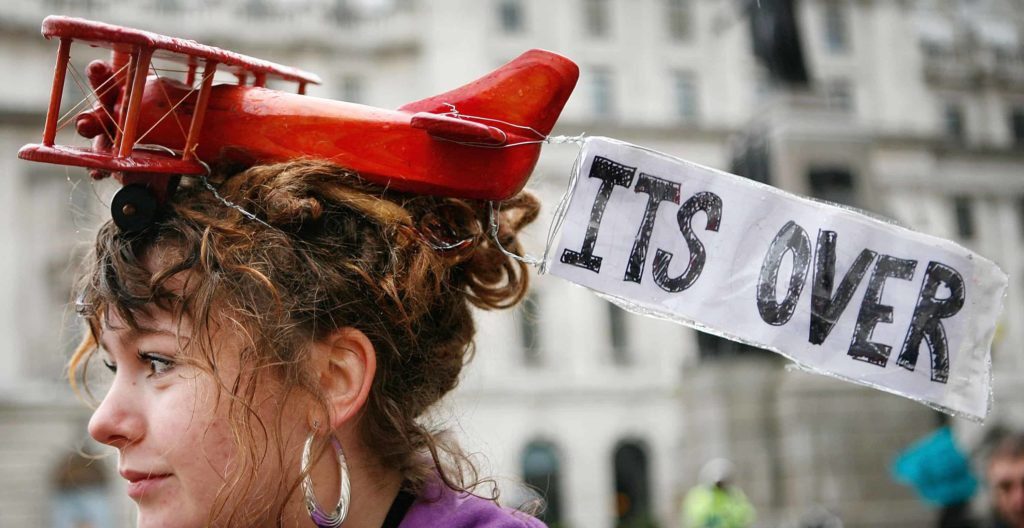
What will the positive impact be?
Undoubtedly, the spotlight is now on all airlines’ sustainability strategies for the long haul. The recent ‘Flight shaming’ movement in Europe has only increased the general public’s interest and desire to demand change in the aviation sector.
Most people understand that flying is a necessary element of life to connect us with people and places over large distances, but are looking for solutions that soften the impact on the environment in the process.
In its effort to remove 100 million single-use plastic items every year by the end of 2020, Qantas and Jetstar already committed in March to replacing 45 million plastic cups, 30 million cutlery sets, 21 million coffee cups and 4 million headrest covers with sustainable alternatives.
And earlier this year, Etihad flew the region’s first single-use plastic-free flight from Abu Dhabi to Brisbane, and just last year, Qantas operated the first biofuel flight between Australia and the United States using biofuel processed from mustard seed as mentioned above.
The hope is that more airlines follow suit in a race that goes beyond just profit but with the kind of bragging rights we can all celebrate.
Find out more: Qantas Future Planet
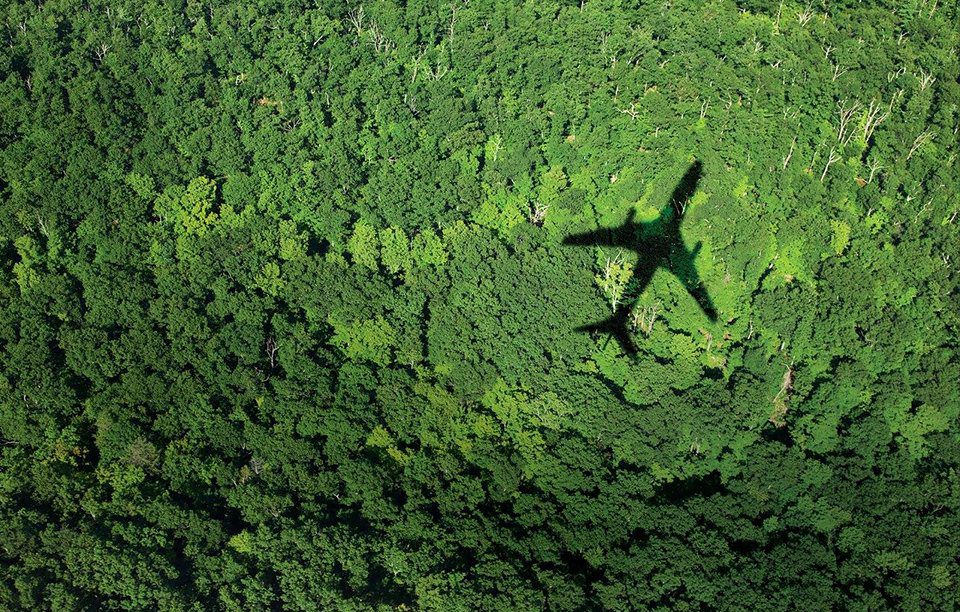
How can you travel to change the world?
Congratulations! By reading this post and taking some of these insights on board, you’ve already made a difference.
Now you can easily create your impact by sharing your new-found knowledge with other friends who you think would also be interested.
Ultimately, responsible travel comes down to common sense – stay curious, keep yourself up-to-date with the challenges at hand and make yourself accountable for your actions on your travels.